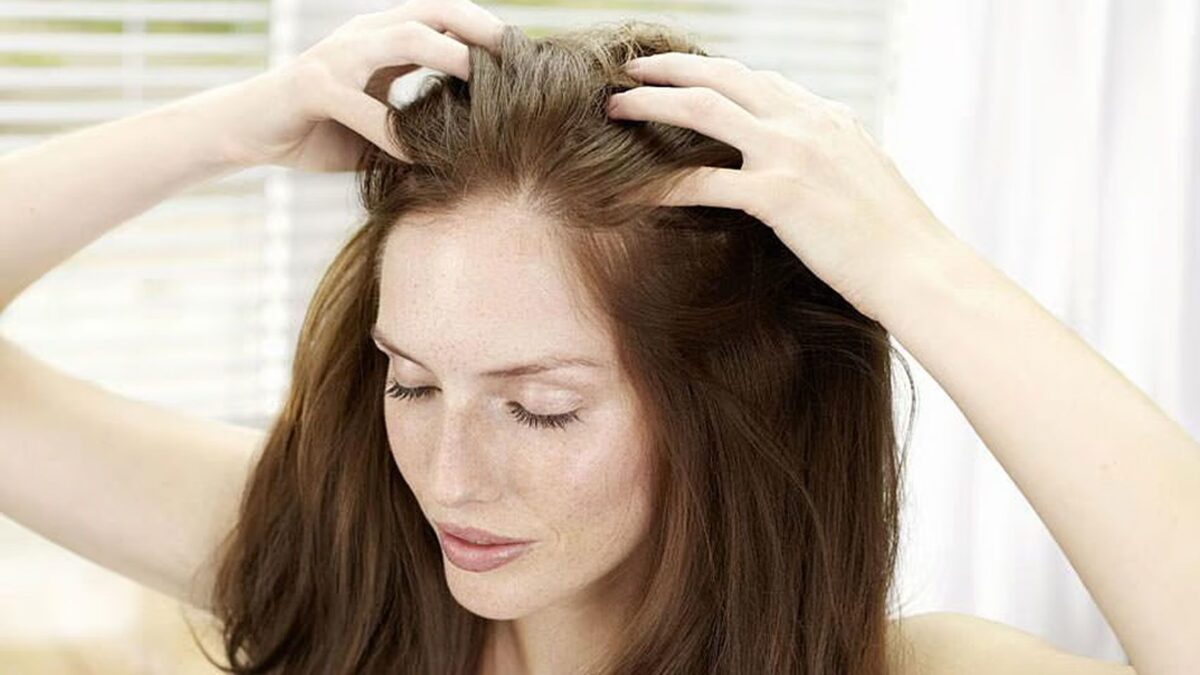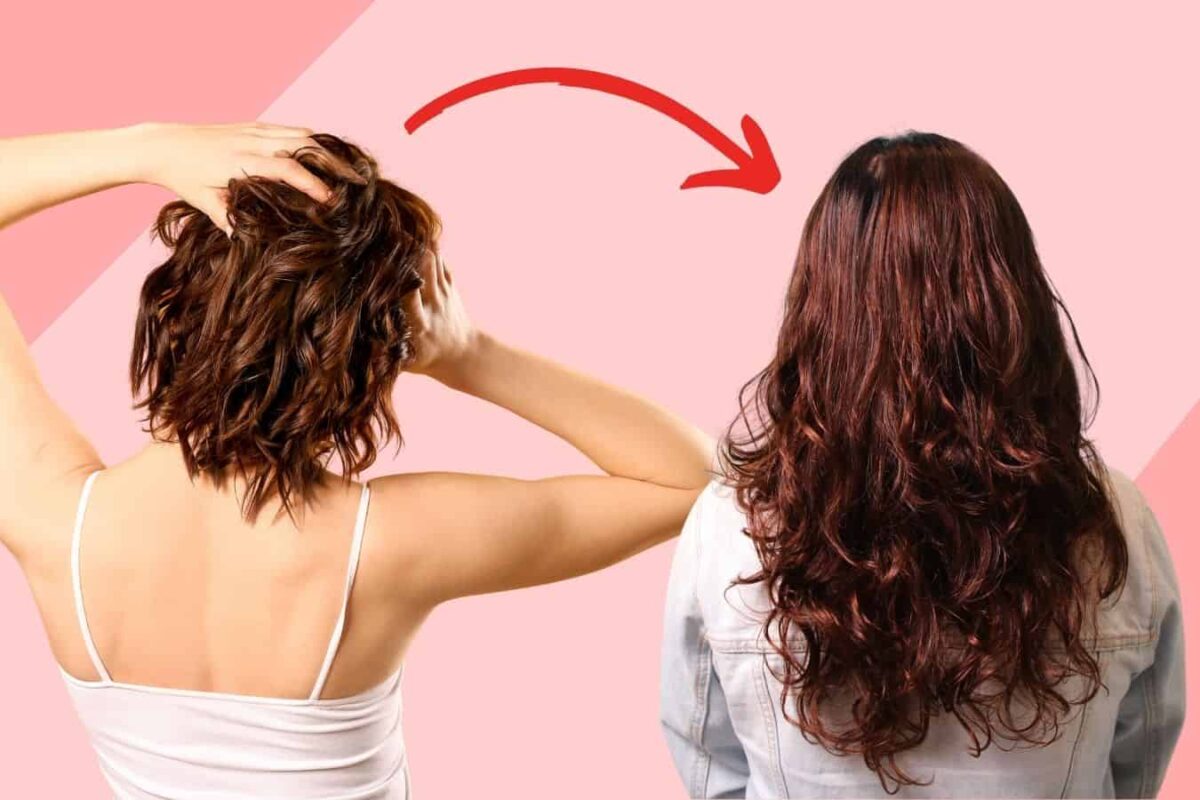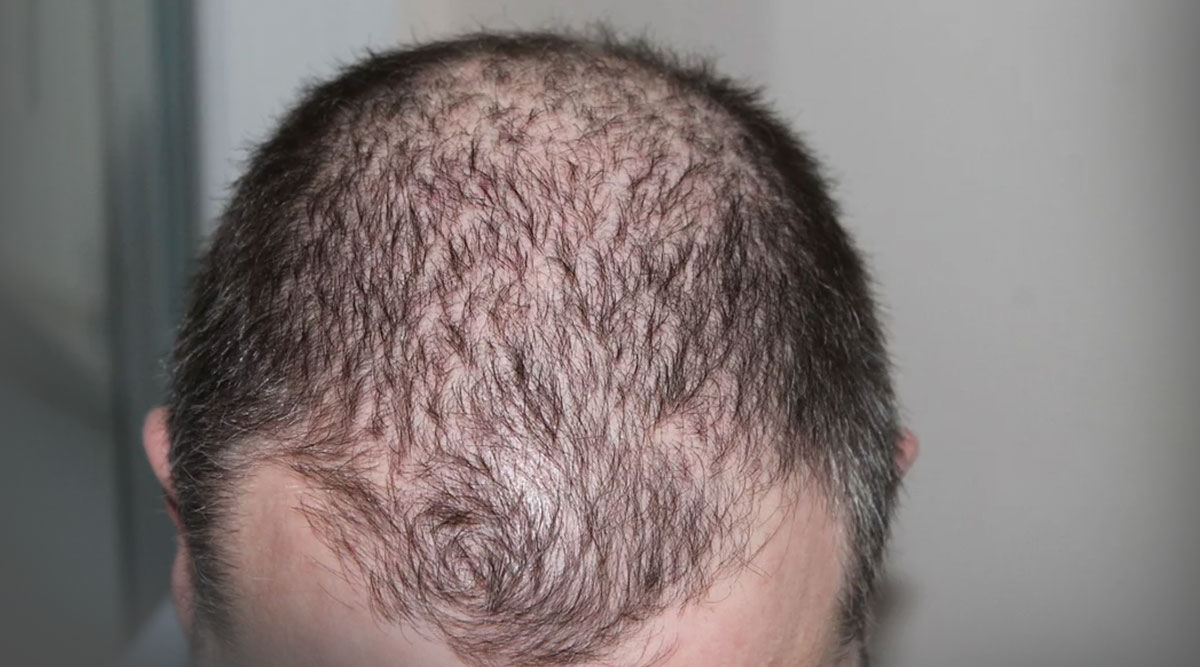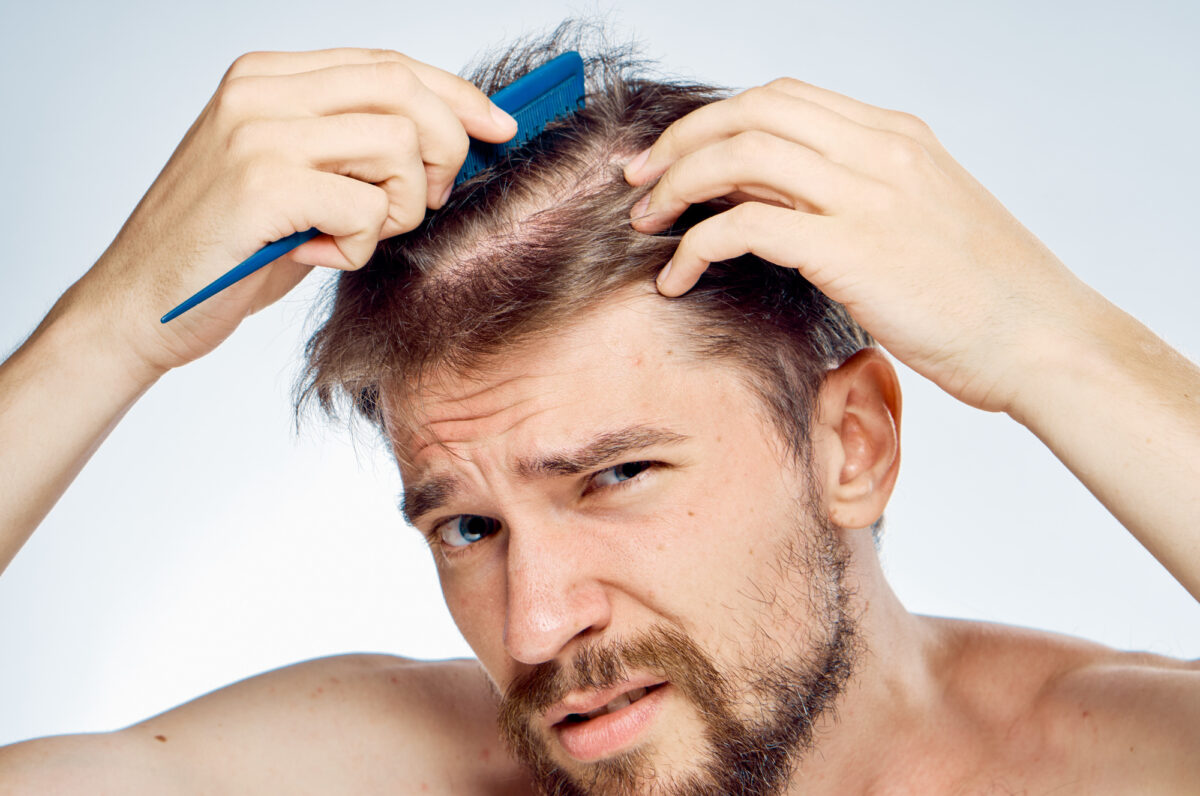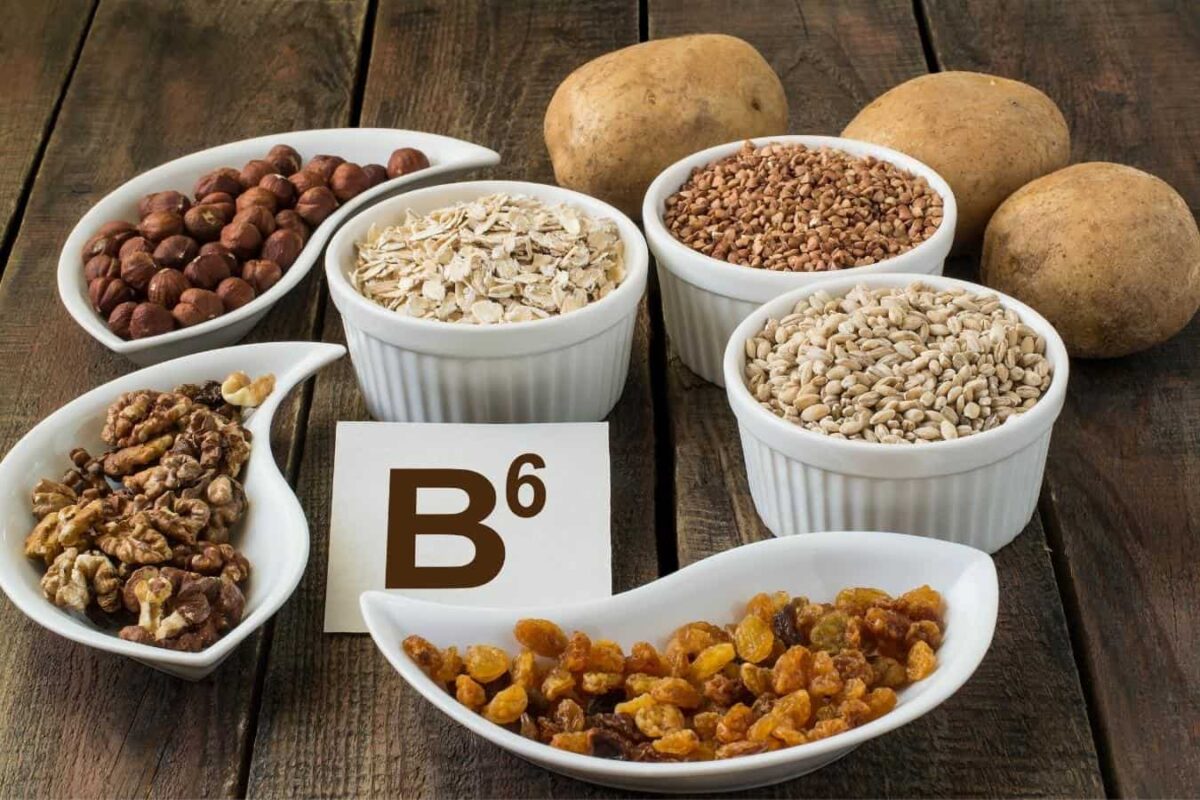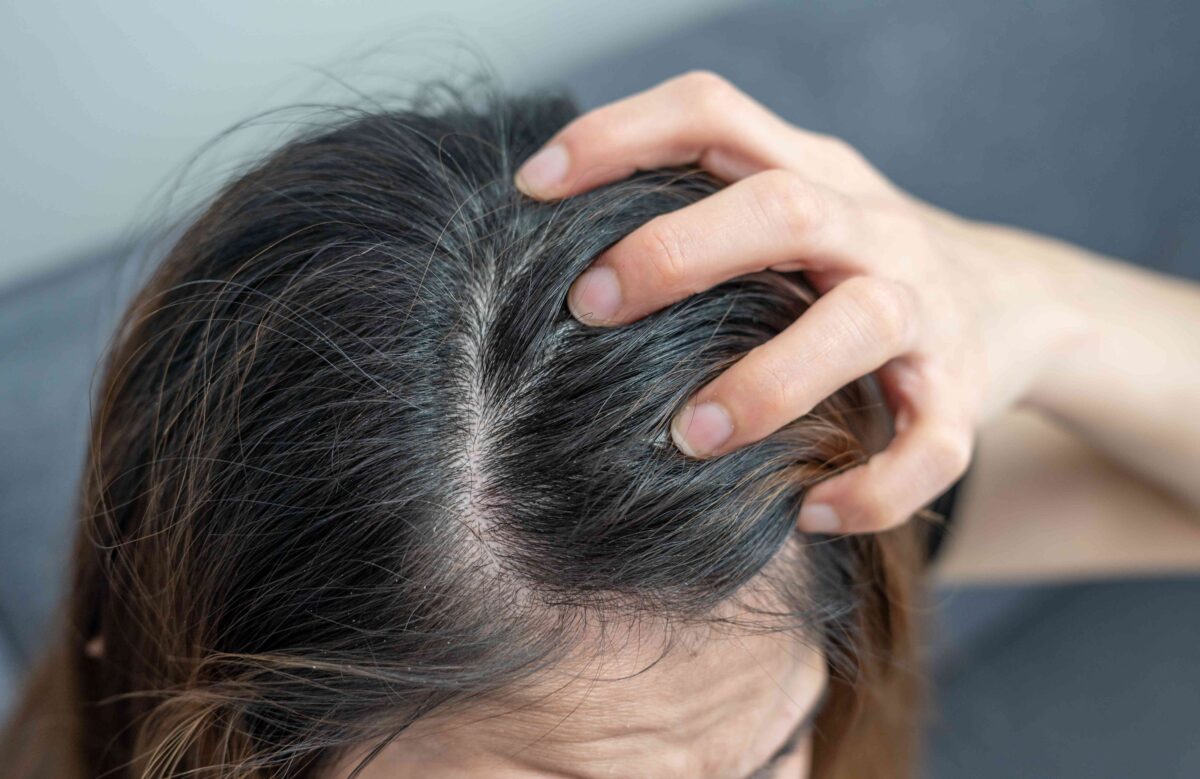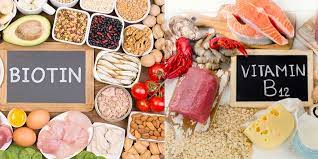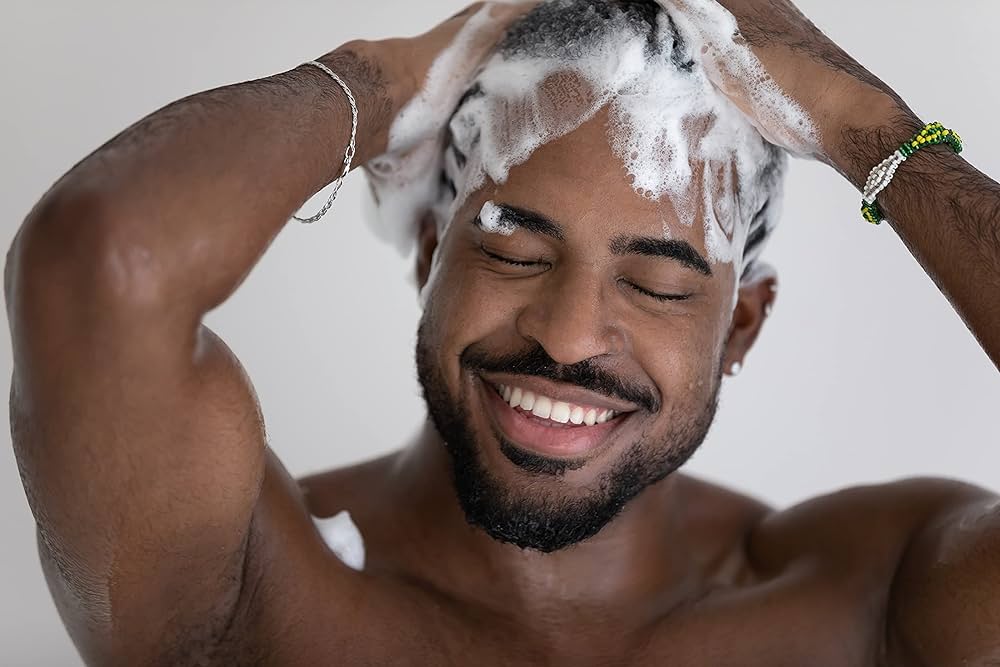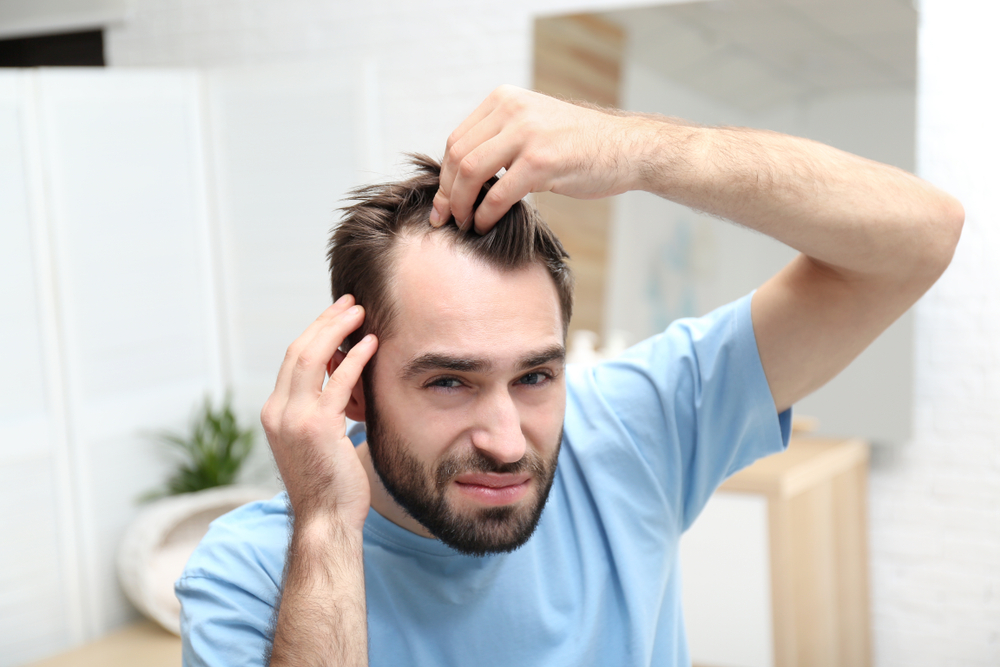In today’s world, where first impressions can make a lasting impact, men’s hair care has taken center stage in personal grooming routines. Gone are the days when hair care was considered purely a woman’s domain; now, men are increasingly recognizing the importance of maintaining healthy, well-groomed hair not only for aesthetic appeal but also for overall health and hygiene. A well-maintained head of hair can enhance one’s appearance, boost confidence, and even contribute to a professional image, making hair care an essential aspect of men’s grooming.
Men’s hair comes in a wide variety of types, each with its unique characteristics and needs. From straight to curly, thick to thin, and oily to dry, understanding one’s hair type is the first step in choosing the right hair care products and routines. For example, thick and curly hair may require deep moisturizing treatments to prevent frizz, while fine or thinning hair might benefit from volumizing products that add body and fullness. Similarly, men with oily hair need to find a balance that removes excess oil without stripping the scalp of its natural moisture, whereas those with dry or sensitive scalps may seek out gentle, hydrating formulations to avoid irritation.
The diversity in men’s hair types necessitates a tailored approach to hair care, emphasizing the importance of selecting products designed to meet specific needs. Whether it’s choosing the right shampoo and conditioner, finding the perfect styling product, or addressing concerns such as dandruff or hair loss, understanding the nuances of one’s hair type can lead to better, more personalized care. In the following sections, we will explore a variety of hair care products best suited for different hair types and needs, guiding men towards achieving healthier, more attractive hair.
Shampoos
Shampoos play a foundational role in men’s hair care, serving various functions from cleansing to conditioning, and addressing specific scalp and hair needs. Selecting the right shampoo can significantly impact the health and appearance of your hair. Here’s a breakdown of different types of shampoos tailored to meet the needs of various hair types:
Deep Cleansing Shampoos
For men with oily hair, deep cleansing shampoos are a game-changer. These shampoos are specifically formulated to cut through oil and buildup, effectively reducing sebum production without over-stripping the hair. They often contain ingredients like charcoal, tea tree oil, and salicylic acid, which help in thoroughly cleansing the scalp and hair, leaving them feeling refreshed and revitalized. Regular use of a deep cleansing shampoo can help maintain a balance in oil production, ensuring that hair remains clean and manageable without becoming excessively oily.
Moisturizing Shampoos
Men with dry and brittle hair require a different approach. Moisturizing shampoos are designed to add back much-needed moisture and hydration, restoring the hair’s natural balance. Ingredients such as natural oils (like argan, coconut, or jojoba), glycerin, and shea butter are common in these shampoos, providing deep nourishment and preventing further moisture loss. By replenishing the hair’s natural oils, these shampoos help to improve hair texture, making it softer, shinier, and more resilient against breakage and damage.
Shampoos for Sensitive Scalps
For those with sensitive scalps, finding a gentle yet effective shampoo can be a challenge. Shampoos formulated for sensitive scalps are free from harsh chemicals like sulfates and parabens, which can cause irritation, itching, and dryness. Instead, they contain soothing ingredients such as aloe vera, chamomile, and oatmeal, which calm irritation and provide relief. These shampoos gently cleanse the scalp and hair, removing dirt and buildup without compromising the scalp’s natural protective barrier. Ideal for daily use, they ensure that the scalp remains healthy, balanced, and free from discomfort.
Choosing the right shampoo is crucial for maintaining healthy hair and scalp. By understanding the specific needs of your hair type, you can select a product that not only cleanses effectively but also provides the right kind of care, whether that’s controlling oil, adding moisture, or soothing sensitivity. With the right shampoo in your grooming arsenal, you can take a significant step towards achieving healthier, more attractive hair.
Conditioners
Conditioners are an essential part of any hair care routine, especially for men looking to keep their hair healthy, manageable, and styled to perfection. Unlike shampoos, which cleanse the scalp and hair, conditioners focus on restoring moisture, improving texture, and addressing specific hair concerns. Here’s how different types of conditioners can cater to various hair needs:
Moisturizing Conditioners
For those battling dry, brittle hair, moisturizing conditioners are a necessity. These conditioners are enriched with hydrating ingredients like natural oils (coconut, argan, avocado), shea butter, and aloe vera, which penetrate deep into the hair shaft to provide intense nourishment and hydration. They work by sealing the hair cuticle to lock in moisture, prevent breakage, and reduce frizz, leaving hair soft, smooth, and shiny. Moisturizing conditioners are ideal for daily or regular use, especially after shampooing with a moisturizing shampoo, to maintain optimal hair health and hydration levels.
Volumizing Conditioners
Men with fine or thin hair often seek solutions to make their hair look thicker and fuller. Volumizing conditioners are designed to add body and bounce without weighing the hair down. These lightweight formulas contain ingredients that help to lift the hair at the root and provide structure and volume throughout. Polymers and keratin are commonly used to coat the hair, increasing its diameter and creating the appearance of fuller hair. Volumizing conditioners are perfect for use after a volumizing shampoo to maximize the effects and achieve a more pronounced, voluminous look.
Repairing Conditioners
Damaged hair, whether from chemical treatments, heat styling, or environmental stressors, requires targeted care to restore its strength and vitality. Repairing conditioners are formulated with proteins, amino acids, and other restorative ingredients like keratin, biotin, and collagen. These ingredients work synergistically to rebuild the hair’s structure, mend split ends, and enhance elasticity. By reinforcing the hair’s natural protective barrier, repairing conditioners help to prevent future damage and keep hair looking healthy and resilient. They are best used in conjunction with a repairing shampoo and should be incorporated into your routine if you’re looking to revive damaged, lifeless hair.
Selecting the right conditioner based on your hair type and needs is crucial for achieving the best results. Whether you need to inject moisture, add volume, or repair damage, there’s a conditioner out there that can help you achieve your hair goals. Remember, the key to effective conditioning is consistency and choosing products that complement your hair’s unique characteristics.
Styling Products
Styling products are pivotal in men’s grooming, allowing for the creation and maintenance of a wide range of hairstyles. From achieving a meticulously sculpted look to simply keeping hair out of your face, the right styling product can make all the difference. Here’s how various styling aids cater to different styling needs and preferences:
Waxes and Pastes
Waxes and pastes are versatile styling products suitable for men with short to medium length hair. They offer a medium to strong hold with a matte to semi-shine finish, making them ideal for creating textured, structured styles. Waxes are typically made with ingredients like beeswax and lanolin, providing a pliable hold that allows for re-styling throughout the day. Pastes, on the other hand, may have a creamier texture and can offer slightly more moisture, making them suitable for a wider range of hair types, including those with a tendency towards dryness. Both waxes and pastes are excellent for achieving defined, controlled looks without the stiffness or stickiness associated with gels.
Hair Gels and Sprays
Hair gels and sprays are the go-tos for those seeking a strong hold and high shine, making them perfect for sleek, polished styles or formal events. Gels are renowned for their stronghold capabilities, keeping hair in place throughout the day. They work well for all hair lengths but are particularly effective for short to medium styles that require sharp definition. Sprays, including hairsprays and styling sprays, offer a range of holds from flexible to extra strong and can be used as a finishing touch to lock in style or add texture. While gels provide a wet look, sprays can offer a more natural appearance, depending on the product’s finish (matte, natural, or shiny).
Volume Powders
Volume powders are a game-changer for men with thin or fine hair, providing instant lift and volume at the roots without the need for heavy products that can weigh hair down. These powders typically contain silica silylate or similar ingredients that absorb oil and create friction between hair strands, making hair appear thicker and fuller. They are applied directly to the roots and worked through the hair with fingers or a comb. Volume powders are nearly invisible, making them an excellent choice for a natural, effortless look that enhances the hair’s body and texture.
Choosing the right styling product depends on your hair type, desired style, and the level of hold and finish you prefer. Whether you’re sculpting a precise pompadour, aiming for a casually tousled look, or seeking to add volume to limp hair, there’s a styling product that can meet your needs. Experimenting with different products and techniques is key to finding your perfect match, allowing you to achieve and maintain your ideal hairstyle with ease.
Leave-in Products
Leave-in products are essential components of a comprehensive hair care regimen, offering targeted treatments without the need for rinsing. These products continue to work on your hair and scalp long after your shower routine, providing ongoing nourishment, repair, and styling benefits. Here’s a closer look at how different types of leave-in products can enhance the health and appearance of your hair:
Hair Oils
Hair oils are highly nourishing treatments that can transform the look and feel of your hair. They’re designed to penetrate deep into the hair shaft, delivering essential moisture and nutrients that repair damage, enhance shine, and improve overall softness. Natural oils like argan, coconut, jojoba, and almond are popular choices, each offering unique benefits such as antioxidant protection, hydration, and strengthening effects. Hair oils are versatile and can be used on damp hair as a conditioning treatment or on dry hair to tame frizz and add a healthy gloss. Regular use helps to maintain the hair’s natural moisture balance, promoting stronger, healthier hair growth.
Serums for Split End Repair
Split ends are a common concern that can make hair look frizzy and unkempt. Serums designed for split end repair contain concentrated ingredients like silicone, keratin, and natural oils that work by sealing the hair cuticle and smoothing out the hair’s surface. These serums create a protective barrier around each strand, helping to prevent environmental and mechanical damage that can lead to further splitting. Applied to the ends of the hair, these serums can minimize the appearance of split ends and provide a sleek, polished finish, making them an excellent addition to your hair care routine for maintaining healthy-looking lengths.
Scalp Tonics
A healthy scalp is the foundation of healthy hair growth. Scalp tonics are formulated to rejuvenate and stimulate the scalp, promoting better blood circulation and nourishing hair follicles. Ingredients like peppermint, tea tree oil, and caffeine have invigorating properties that can help to revive a sluggish scalp, while vitamins and minerals support root strength and hair growth. By addressing issues such as dryness, irritation, and dandruff, scalp tonics lay the groundwork for stronger, more vibrant hair. These products are typically applied directly to the scalp and massaged in, offering a refreshing, stimulating treatment that encourages healthy hair from the root.
Incorporating leave-in products into your hair care routine can provide your hair with continuous care and protection throughout the day. Whether you’re looking to nourish and moisturize, repair damage, or support healthy hair growth, there’s a leave-in product suited to your needs. As with all hair care products, the key to success lies in selecting products that align with your specific hair type and concerns, ensuring that your hair receives the right kind of care for optimal health and appearance.
Specialized Products
Specialized hair care products cater to specific concerns, offering targeted solutions for issues like dandruff, color maintenance, and hair loss. Understanding these specialized products can help men select the right treatments to incorporate into their grooming routines, ensuring optimal hair and scalp health.
Anti-Dandruff Shampoos
Dandruff can be both a cosmetic and a comfort concern, characterized by flaking and sometimes itching of the scalp. Anti-dandruff shampoos are formulated to combat the root causes of dandruff, such as the overgrowth of scalp yeast or excess oil production. Active ingredients like zinc pyrithione, selenium sulfide, ketoconazole, and coal tar help reduce flaking, soothe itching, and regulate sebum production. These shampoos not only provide immediate relief but, with regular use, can maintain scalp health and prevent the recurrence of dandruff. For best results, it’s recommended to follow the product instructions carefully and use them consistently as part of your hair care regimen.
Products for Colored Hair
Men who color their hair face the challenge of maintaining vibrancy and preventing color fade. Products formulated for colored hair are designed to address these concerns, offering gentle cleansing, moisture retention, and color protection. These specialized shampoos and conditioners typically have a lower pH to help keep the hair cuticle closed, locking in color molecules for longer-lasting color. Antioxidants and UV filters are common ingredients that protect against environmental factors that can lead to color fading. Using these products can extend the life of your hair color, keeping it vibrant and rich between coloring sessions.
Hair Loss Prevention Products
Hair loss is a significant concern for many men, and products designed to prevent hair loss and promote growth are in high demand. These treatments often contain active ingredients like minoxidil, biotin, caffeine, and natural extracts that stimulate the scalp, improve blood flow to hair follicles, and provide essential nutrients to support hair growth. Hair loss prevention shampoos, conditioners, serums, and topical treatments work by strengthening existing hair, reducing hair fall, and encouraging the growth of new hair. Consistent use is crucial for seeing results, as these products typically take time to show significant improvements in hair density and strength.
Selecting specialized products that align with your specific hair concerns is crucial for addressing issues effectively. Whether you’re combating dandruff, looking to preserve your hair color, or seeking to prevent hair loss, there’s a range of specialized products designed to meet your needs. Incorporating these treatments into your hair care routine can help you maintain a healthy scalp, protect your hair, and achieve your desired hair appearance.
FAQ on Men’s Hair Care
Q: How often should men wash their hair? A: The frequency depends on your hair type and lifestyle. Oily hair may need washing every day, while dry or normal hair might only require washing two to three times a week. Listen to your hair’s needs and adjust accordingly.
Q: Can using a conditioner make my hair look greasy? A: No, when used correctly, conditioner should not make your hair look greasy. Apply conditioner mainly to the mid-lengths and ends of your hair, avoiding the roots, to nourish your hair without weighing it down.
Q: What’s the difference between hair wax and hair gel? A: Hair wax provides a medium hold with minimal shine and is best for a more natural, textured look. Hair gel offers a stronger hold with a glossy finish, ideal for sleeker styles.
Q: How can I prevent hair loss? A: Preventing hair loss involves a combination of proper nutrition, avoiding harsh chemical treatments, reducing stress, and possibly using specialized hair loss prevention products. Consult a dermatologist for personalized advice.
Q: Is it necessary to use hair products specifically designed for men? A: Not necessarily. The distinction between men’s and women’s hair care products is often based on marketing and fragrance. The most important factor is choosing products that suit your hair type and concerns.
Q: Can changing my diet improve my hair health? A: Yes, a balanced diet rich in vitamins, minerals, and proteins can significantly improve hair health. Look for foods high in vitamins A, C, D, E, zinc, iron, omega-3 fatty acids, and biotin.
Q: How do I choose the right shampoo and conditioner for my hair type? A: Identify your hair type (oily, dry, normal, or combination) and any specific concerns (dandruff, color-treated, thinning). Choose products formulated to address these specific needs for the best results.
Q: What’s the best way to apply hair styling products? A: Start with a small amount, warming it between your hands before applying. Distribute evenly through your hair, starting from the back and moving to the front. Adjust the amount and technique based on the product’s hold and desired style.
Q: Can over-styling damage my hair? A: Yes, frequent use of heat styling tools and harsh chemicals can lead to hair damage. Use heat protectant sprays, minimize heat styling, and opt for gentle styling products to reduce damage.
Q: How can I deal with dandruff? A: Use an anti-dandruff shampoo formulated with active ingredients like zinc pyrithione or ketoconazole. Consistency is key, so follow the product instructions and give it time to see results.
Conclusion
In conclusion, navigating the wide array of men’s hair care products can be daunting, but understanding the specific categories and their intended benefits can significantly simplify the process. We’ve discussed various types of shampoos, conditioners, styling products, leave-in treatments, and specialized products, each designed to cater to different hair types and concerns, from oily and dry to sensitive scalps, color-treated hair, and hair loss prevention.
When choosing hair care products, it’s crucial to first identify your hair type and any specific needs or concerns you may have. Whether your hair is thick, curly, thin, or prone to dandruff, there’s a product tailored to your situation. Pay attention to ingredients and look for products that address your particular issues, whether you need moisture, volume, repair, or protection.
Regular hair care goes beyond mere aesthetics; it’s about maintaining the health and integrity of your hair and scalp. A consistent routine using the right products can prevent common issues like dryness, breakage, and thinning, ensuring your hair looks and feels its best. Remember, healthy hair is a reflection of overall well-being, so incorporating nutritious foods and staying hydrated also play essential roles in hair health.
Ultimately, the key to effective hair care lies in understanding your hair’s unique needs and responding with the appropriate products and treatments. By doing so, you not only enhance your appearance but also contribute to your hair’s long-term health and vitality.
